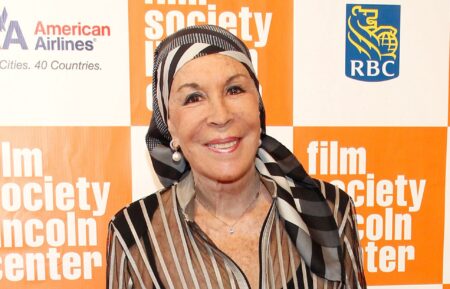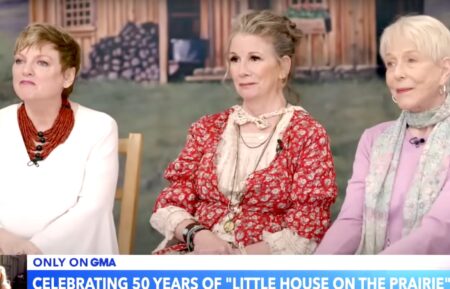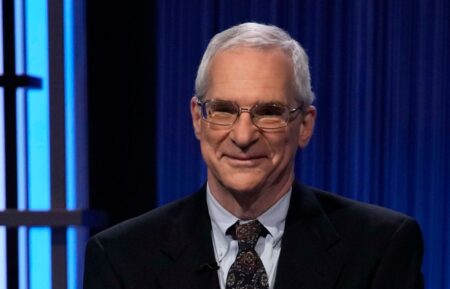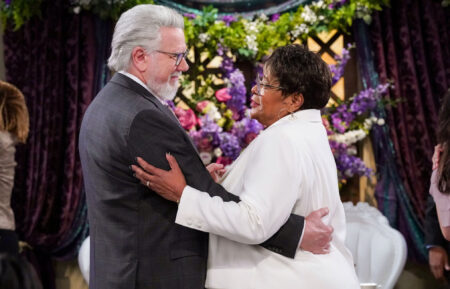Lily Tomlin Reflects on Delivering a Lifetime of Laughs to Fans
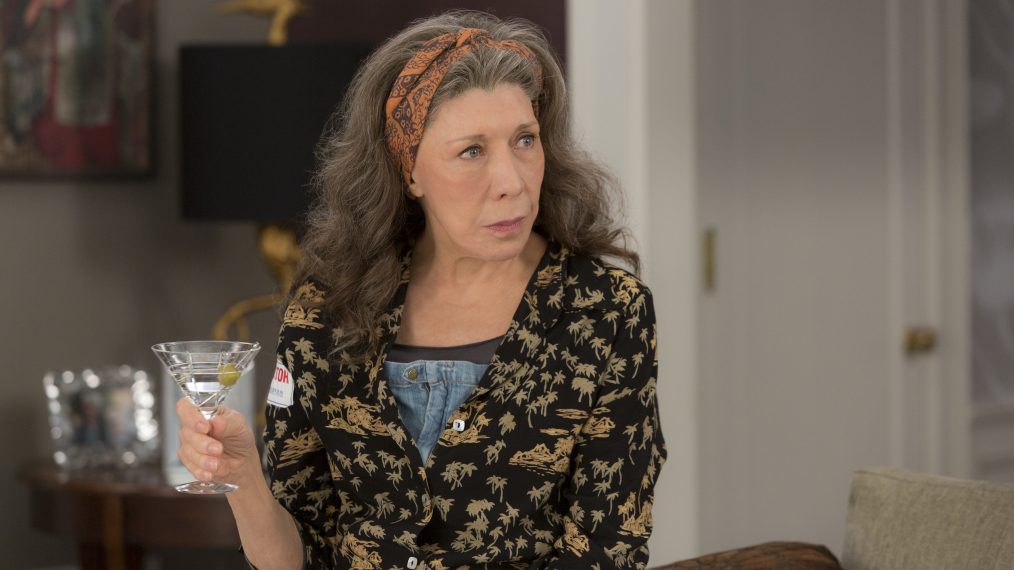
The Grammy, two Tonys and seven Emmys on Lily Tomlin’s mantle will soon be accompanied by a Life Achievement Award. The Screen Actors Guild Awards (Sunday, Jan. 29, 8/7c, TNT and TBS) will shine its spotlight on Tomlin, and it’s not only her extensive body of work that has landed her in the same company as past honorees Robert Redford, Betty White, Mary Tyler Moore and Carol Burnett. “Lily has touched on every aspect of our industry from films to stage to TV to radio,” says SAG-AFTRA President Gabrielle Carteris. “She also stands up for the rights of human beings and animals, as well as her stance on LGBT issues, on homelessness, on women’s rights. She really looks to make a difference.”
Tomlin, 77, is not looking to slow down anytime soon, with the third season of her hit Netflix comedy Grace and Frankie (costarring her friend and fellow 9 to 5 alum Jane Fonda) coming later this year. Here, she talks about her early inspirations, moving between comedy and drama, and how her work has never really felt like work.
Early in your career, how did you break into the comedy scene? What set me apart was the fact that I was most attracted to characters. I just so much loved my relatives and the people who lived in the building, and I wanted to express them to everybody else. I think that’s what gave me a different bent. I created characters in my own mind, largely, but you take mannerisms and things [from real people], or you’re imprinted with different culture types.
Then we got a television when I was 10. I started being influenced by Lucille Ball, Joan Davis, Imogene Coca and Jean Carroll, who was one of the first women stand-ups. I didn’t realize it then, but there was something subversive about Jean Carroll because women [at the time] didn’t get up and tell jokes about their husbands. I used to just love how my mother would laugh and get such a kick out of her.
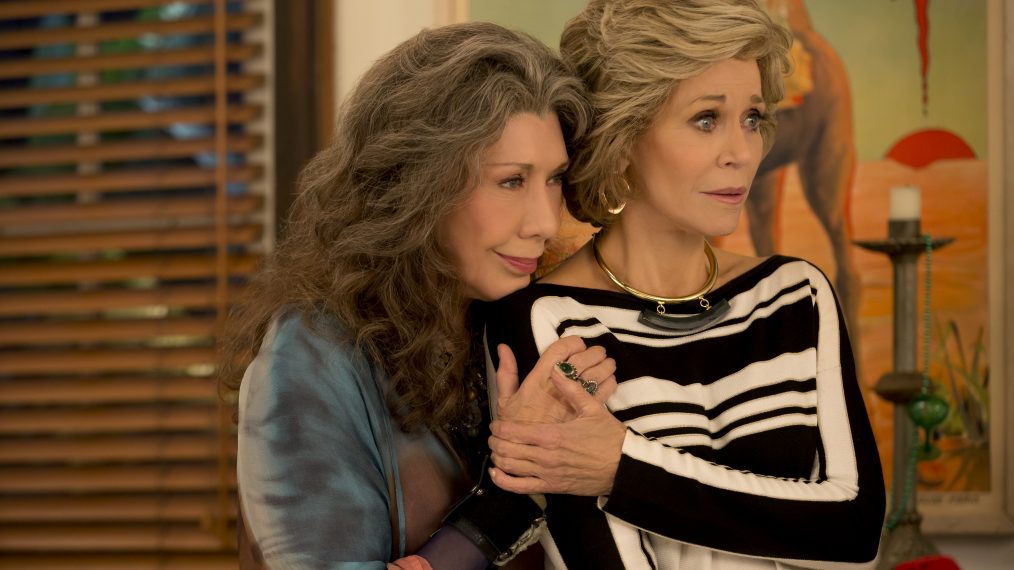
Grace and Frankie – (L to R) Lily Tomlin, Jane Fonda
You joined Rowan & Martin’s Laugh-In in 1969. That was monumental for you. It was indeed, and George Schlatter [cocreator of Laugh-In] was my touchstone. I daresay he was my mentor. He was the first person who ever really responded to my characters. George was the right guy and that was the right show at that time. After one night on Laugh-In, [telephone operator] Ernestine was such a sensation. I couldn’t quite adjust to fame as quickly as one should be able to. I’d be in the supermarket in California and people would stop me and say, “Oh, you’re that new girl on Laugh-In.” It was miraculous I was such a hit.
When did you notice the climate had changed for women in comedy? I don’t know if I could pinpoint it. So many more women [in general] were speaking their mind, expressing themselves politically or in some framework that was their point of view.
You moved into acting, and were nominated for an Oscar, when you made your film debut in 1975’s Nashville. Did it feel like a big leap? No, not at all. I never even put it in those terms. It was like doing another character. Ernestine is a very big character, yet there’s a reality to her. Then I might do a character that’s very naturalistic. It was whatever was called for on the page. Marty Short, when we did Damages on FX together, would be asked the same thing: “What’s it like to do comedy and then to do drama?” And he’d say, “It’s just another point on the continuum.”
What makes you say yes to a role? What was it about Frankie in Grace and Frankie, for example? You weigh a lot of elements. First of all, you weigh the creative people and what their sensibilities are. Then, of course, I trust Jane. Jane and I wanted to do something about older women and bring light on some of the things that women are up against in the culture, from sexuality to looks. The impulse and the vehicle has to be human and not in any way debasing or denigrating.
Does your work feel like work? No. I feel like it’s a big part of my life. I’m not traditional in any way. I think about what’s going on from one day to the next.
Anything left on your bucket list? I would like my partner, Jane, to write another theater piece! That would be great. [Tomlin’s wife, Jane Wagner, wrote The Search for Signs of Intelligent Life in the Universe, for which Tomlin won a Tony Award in 1986.]
How do we make that happen? I don’t know. [Laughs] She marches to her own drummer!


